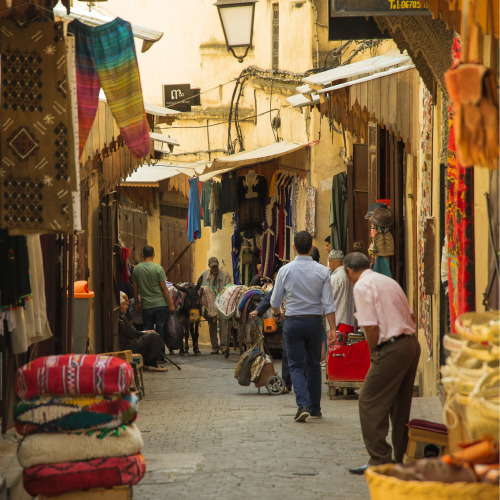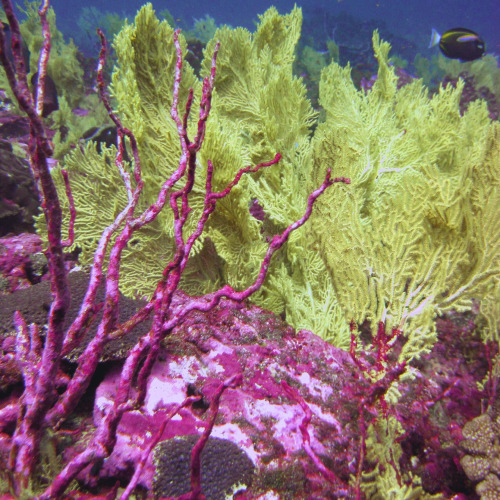Of all the marked international days – this must be one of our favorites! World Tourism Day is a day of celebration. But it’s also a day of reflecting and deciding to do better. So today, we focus on the power of tourism to be a force for good. To foster inclusion, treat nature well, and promote cultural understanding.
WORLD TOURISM DAY
For World Tourism Day this year, UNWTO highlights the need for better-targeted and green investments for people, for the planet, and for prosperity. UNWTO has identified investments as one of the key priorities for tourism’s recovery and future growth and development
World Tourism Day will be a call to action for the international community, governments, multilateral financial institutions, development partners, and private sector investors to unite around a new tourism investment strategy.
Everyone – Governments, businesses, and consumers – needs to reflect and align our tourism practices and habits with the Sustainable Development Goals and the 1.5°C future (The severe need to keep temperatures from rising more than 1.5°C in the future).
This is the time for innovative solutions. And it is also a time to pause, rethink, be honest, and critique the tourism practices that do not contribute positively.
Part of this process is to localize and show examples of how tourism can contribute positively so that we know where we want to go. We must remember that where there are challenges and a need for change – there is also potential.
This World Tourism Day, we highlight and create awareness about the potential of tourism!
Empowerment of and benefits to local communities

The tourism industry creates extremely many jobs worldwide; one out of every ten jobs is in tourism.
Work opportunities in tourism provide income and support livelihoods, particularly for youth and women. In addition, these jobs contribute to the education and empowerment of women and youth and advance the socioeconomic and cultural development of communities.
Tourism can, therefore, be a powerful tool for community development and an effective means for Least Developed Countries (LDCs) to participate in the global economy, helping to reduce inequality within and among countries worldwide. But for this to happen, tourism has to involve the local community in its development. Therefore, tourism should uplift local communities and ensure that tourism’s benefits stay with locals.
Reducing emissions and investing in cleaner energy forms

Tourism is responsible for roughly 8% of the world’s carbon emissions. Various activities contribute to tourism’s carbon footprint, from plane flights and boat rides to souvenirs and lodging. With over a billion tourists a year and this number set to continue increasing, the energy consumption and emission of all stakeholders in the tourism industry and how it is handled only becomes more relevant.
Luckily, new technologies and more sustainable energy solutions are emerging.
Because of tourism’s economic importance and influence, tourism can trigger environmental innovation and prioritization of sustainable energy solutions by advancing green infrastructure, technologies, accommodations, etc. Furthermore, when tourism is a primary economic activity for a destination, it can help the destination realize that the future of tourism as an economic activity depends on environmental sustainability, thereby driving investment in sustainable energy.
Tourism can also lead the way in developing renewable energy infrastructure, like wind and solar farms, on remote islands or rural areas that would not usually be exposed to clean energy.
Additionally, many accommodations and hotels are investing in the use and access to many natural energy resources. The increase in eco-certified accommodations shows the way forth in more sustainable forms of energy use and consumption.
Protecting Biodiversity

Cumulative human activity has resulted in widespread loss of natural habitat and biodiversity, with an average 68% decline in the abundance of wildlife and 1 in 4 species facing extinction. Irresponsible tourism contributes to this devastation of environments and ecosystems. But when tourism is well-managed, it can play a positive role in conserving and protecting ecosystems. Here are some examples of how:
Tourism can prevent ecosystem degradation by creating more sustainable jobs and livelihoods for local communities, such as guides, cooks, or housekeepers. In addition, tourism can help offer alternative income sources to communities instead of environmentally destructive activities such as logging or illegal hunting. The growing interest in wildlife tourism and the economic benefits that come along with it can also change local communities’ attitudes towards conservation. Without tourism, some local communities may view wild animals as a danger to their farms and families and only value natural resources for consumption.
Environmental & conservation policies

Tourism can also be an incentive for governments and organizations to implement environmental and conservation policies (prioritize national parks, reserves, and other protected areas) to preserve biodiversity and thereby support the wildlife tourism appeal of the destination. Additionally, many protected areas are underfunded, and tourism can play an essential role in bridging this gap by providing an additional funding source.
When tourists connect with nature during their travels, it can lead them to appreciate it more and become invested in protecting it. In addition, tourism businesses and travelers can help to restore ecosystems actively. Examples are tourism businesses such as local dive operators helping restore coral reefs and training tourists and divers on basic reef restoration techniques, making them able to help maintain coral nurseries and outplant coral fragments onto degraded reef sites. Visitors can also help restore ecosystem health by cleaning up environments they visit, for example, by participating in beach clean-ups organized by tourism organizations and accommodation facilities.
One reason we mark International Days is to help educate and spread awareness about important issues for sustainable development. The areas of focus of this blog post are just a glimpse of the whole picture.
So much great work and effort is done to improve the tourism industry – and many destinations worldwide have proven that renewed tourism is possible. However, we must reach a point where the above examples of tourism practices are the rule rather than the exception. Adding to this, the focus on innovative solutions will be key in enabling tourism’s future growth and development.
Thank you for reading!
Remember, being a responsible traveler involves choosing responsible operators, supporting local communities, and minimizing your environmental impact.
Don’t forget to check out our blog for more content on sustainability, travel, and more! Click here to visit now.
